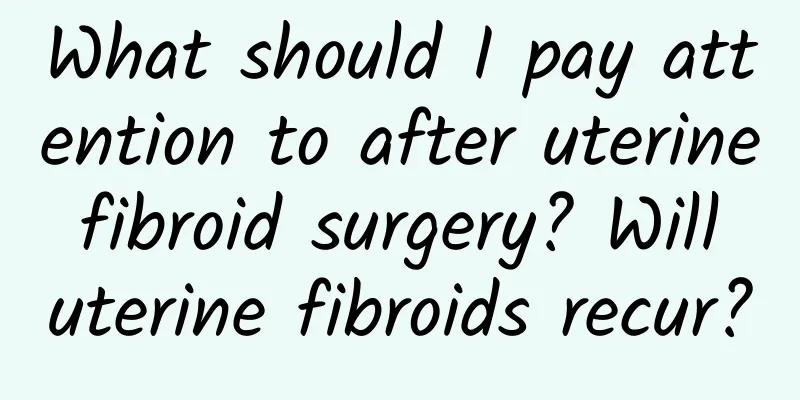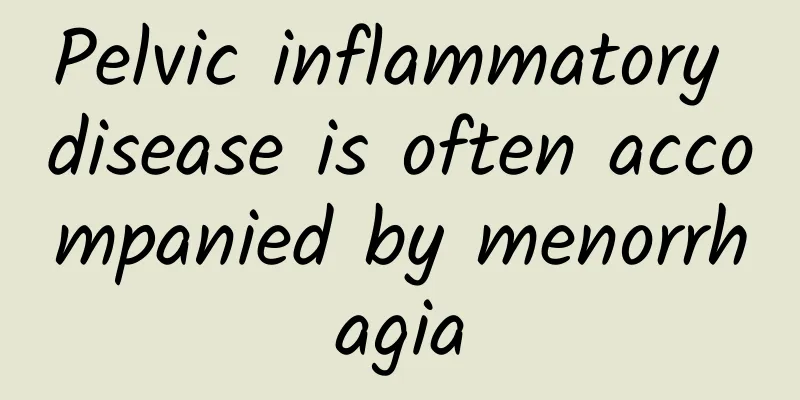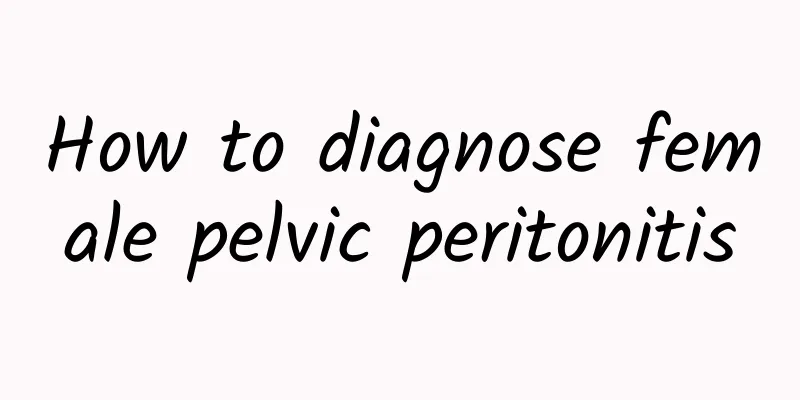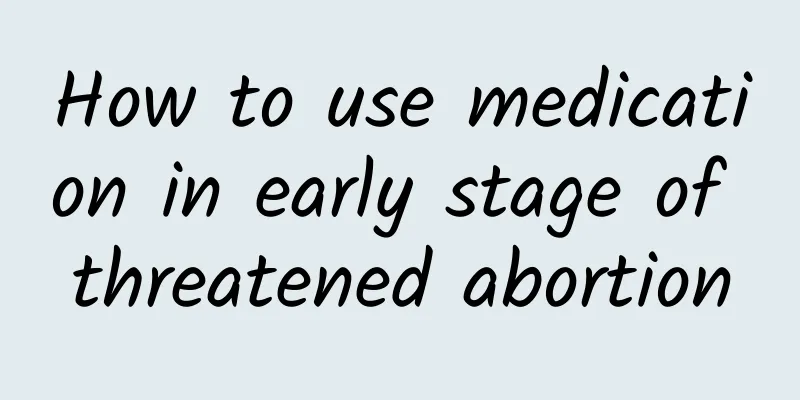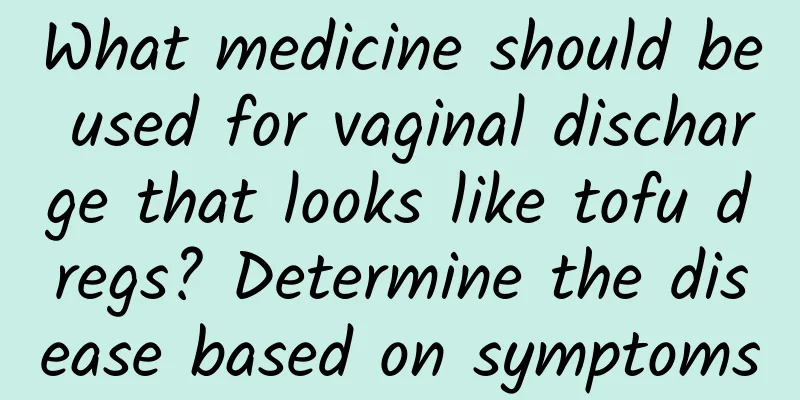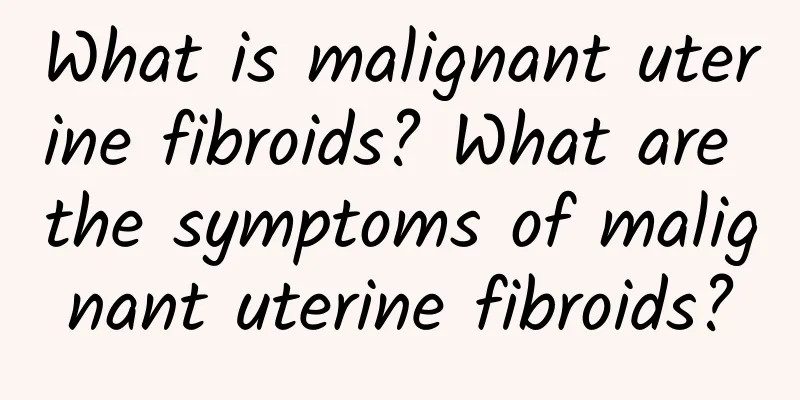What medicine can eliminate uterine cysts?
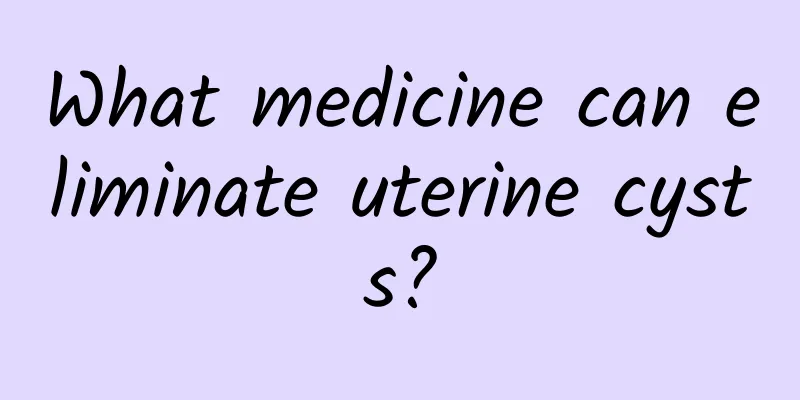
|
Treatment of uterine cysts usually requires medication or surgery depending on the type and severity of the cyst. Common medications include oral contraceptives, antibiotics, and hormonal drugs, but medications cannot completely eliminate cysts. For functional cysts, medications can relieve symptoms and promote absorption, while pathological cysts may require further treatment. 1. Oral contraceptives Oral contraceptives are often used to treat functional cysts, such as corpus luteum cysts or follicular cysts. These drugs inhibit the growth of cysts by regulating hormone levels and promote their natural absorption. Common oral contraceptives include ethinyl estradiol cyproterone acetate tablets, levonorgestrel tablets, etc. They are suitable for patients with mild symptoms, but not for long-term use. They must be taken according to doctor's advice. 2. Antibiotics If the cyst is caused by infection, such as pelvic inflammatory disease, antibiotics are necessary for treatment. Antibiotics such as cephalosporins, metronidazole and azithromycin can effectively control infection and reduce the formation or development of cysts. When using them, you need to pay attention to the course of treatment and dosage to avoid abuse leading to drug resistance. 3. Hormone drugs For cysts related to hormone imbalance, such as cysts caused by endometriosis, hormone drugs can regulate endocrine levels. Commonly used drugs include gonadotropin-releasing hormone agonists, progesterone, etc. These drugs can inhibit the growth of cysts, but there may be side effects, such as hot flashes, osteoporosis, etc., and they need to be used under the guidance of a doctor. 4. Chinese medicine conditioning Some Chinese medicines have the functions of promoting blood circulation and removing blood stasis, regulating endocrine, and can be used as auxiliary treatment methods. For example, Chinese medicine prescriptions such as Guizhi Fuling Pills and Danggui Shaoyao Powder are suitable for use under the guidance of a doctor. Chinese medicine treatment requires long-term persistence, and the effect varies from person to person. 5. Diet and lifestyle In terms of diet, you should avoid high-fat and high-sugar foods and consume more fiber-rich fruits and vegetables and high-quality protein, such as oats, broccoli, eggs, etc. Maintain a regular schedule, avoid staying up late, and do moderate exercise such as yoga and walking, which will help regulate endocrine and improve physical condition. The treatment of uterine cysts requires the selection of appropriate drugs or methods according to the specific type and symptoms. Functional cysts can usually be relieved or absorbed by drugs, while pathological cysts may require surgical intervention. Daily diet and lifestyle play an important role in improving symptoms and preventing recurrence. Regular physical examinations and medical treatment are key to ensure that problems are discovered and treated in a timely manner. |
<<: How to check pathogens in chronic cervicitis
>>: What is the cause of functional uterine bleeding and how to treat it
Recommend
What are the causes of uterine fibroids? What are the people who are prone to uterine fibroids?
In recent years, uterine fibroids have become mor...
Several common hazards of cervicitis
It is normal for women to suffer from cervicitis....
What are the early symptoms of habitual miscarriage?
What women worry about most is habitual miscarria...
Superfood "avocado" helps you lose weight and lower blood lipids. Eating it for breakfast is more delicious!
Avocado is listed as the most nutritious fruit in...
What are the clinical characteristics of functional uterine bleeding?
What are the characteristics of the clinical symp...
What is uterine fibroids? Tell me what are the common causes of uterine fibroids?
What is uterine fibroids? Tell me what are the co...
Core exercises can help relieve stress! Exercise can activate the core and impact the adrenal medulla
Since most people are often in a state of mild an...
Does abortion hurt your body? 3 things you must know about abortion
Does abortion harm the body? Generally speaking, ...
How much does minimally invasive surgery for female cervical erosion cost?
Everyone knows that cervical erosion is a common ...
Will fertility be affected after treatment of chronic cervicitis? How to prevent chronic cervicitis in women?
Chronic cervicitis is a gynecological inflammatio...
Introduction: Common methods of preventing cervicitis in daily life
Cervicitis is a gynecological disease that seriou...
Lose weight by eating vegetarian food? Five healthy principles for less frying and more steaming
Obesity is the public enemy, but can a vegetarian...
Why is my period not over after more than ten days?
If menstruation continues for more than ten days,...
Is the menstrual flow normal in the first month after medical abortion?
Is the menstrual flow normal in the first month a...
Is the leucorrhea abnormal after successful implantation?
After successful implantation, there may be sligh...
